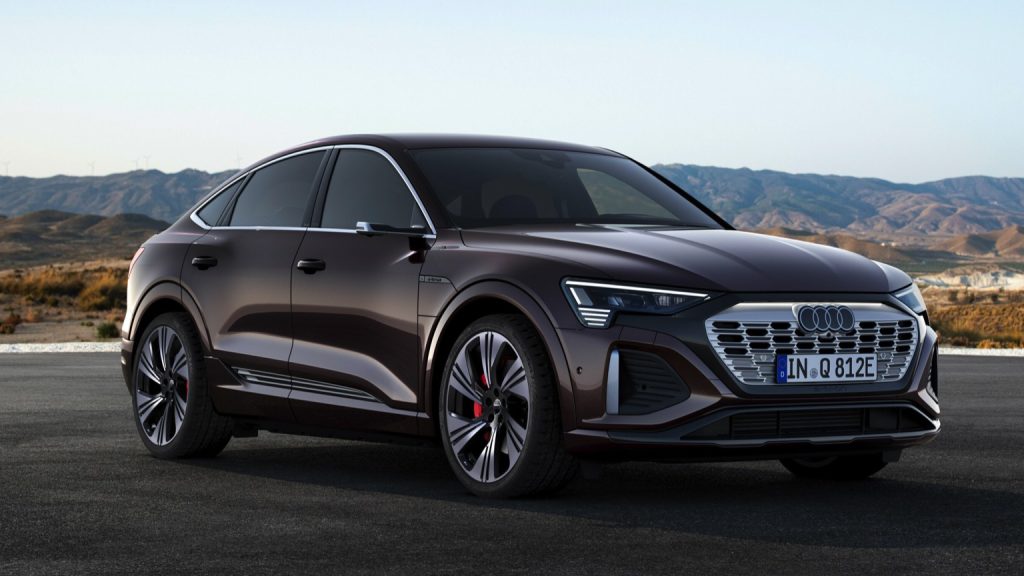Volkswagen’s continued efforts with joint venture partners in China come as rivals Ford, GM retrench in the region.
Volkswagen’s (VWAGY) Audi is pushing deeper into the Chinese market as US rivals like GM (GM) and Ford (F) look to minimize losses in the region and the US ramps up tariffs on Chinese EVs.
On Monday, Audi announced it had signed a deal with China’s state-owned SAIC to develop new EVs for the mainland.
Audi said the SAIC deal would begin with three new EV models covering the B and C segments — small to midsize vehicles — with the first model entering the market in 2025. Audi said the deal with SAIC will reduce its time to market by more than 30%.
Audi CEO Gernot Döllner said the deal “marks a significant milestone in Audi’s China strategy.”
“We have a clear and common goal: to combine the best of our two companies to the full advantage of our Chinese customers with Audi’s premium experience and SAIC’s innovation speed in China,” Döllner said.
The German luxury automaker said the co-developed EVs will feature “Audi’s distinct DNA,” which suggests VW intends to leverage the Audi brand’s goodwill in a region where local buyers place a premium on German brands like Audi, BMW, and Mercedes.
Sales for German automakers in China, however, have slipped recently as domestic automakers gain share. Volkswagen’s China sales rose 1.6% in 2023 as the company lost market share to upstarts like BYD and NIO amid what the company called “challenging market conditions.”
Monday’s announcement comes after VW signed a major deal with Chinese startup XPeng and announced plans to boost its partnership with SAIC back in July of 2023.
At the time, VW said it would partner with XPeng to produce two new EVs with Volkswagen branding, powered by XPeng’s software and EV engineering.
Those two models are set to arrive in 2026, with Volkswagen investing around $700 million for a 4.99% percent stake in XPeng.
GM, which has joint ventures with several Chinese automakers, has seen its sales and market share slip precipitously in recent years.
While GM focuses on the US market, which is powered by trucks and SUVs, the company said it is still committed to the Chinese market. Earlier this month, the company named a new head at GM China.
Ford has seen sales slide in China since 2016 and has been cutting costs in the country, though it has seen China-made exports climb higher into other regions.
Ford CEO Jim Farley has noted the difficulties in selling EVs profitably and has said he is open to partnering with Chinese EV makers to cut development costs. GM CEO Mary Barra also said she was amenable to a Chinese EV partner.



